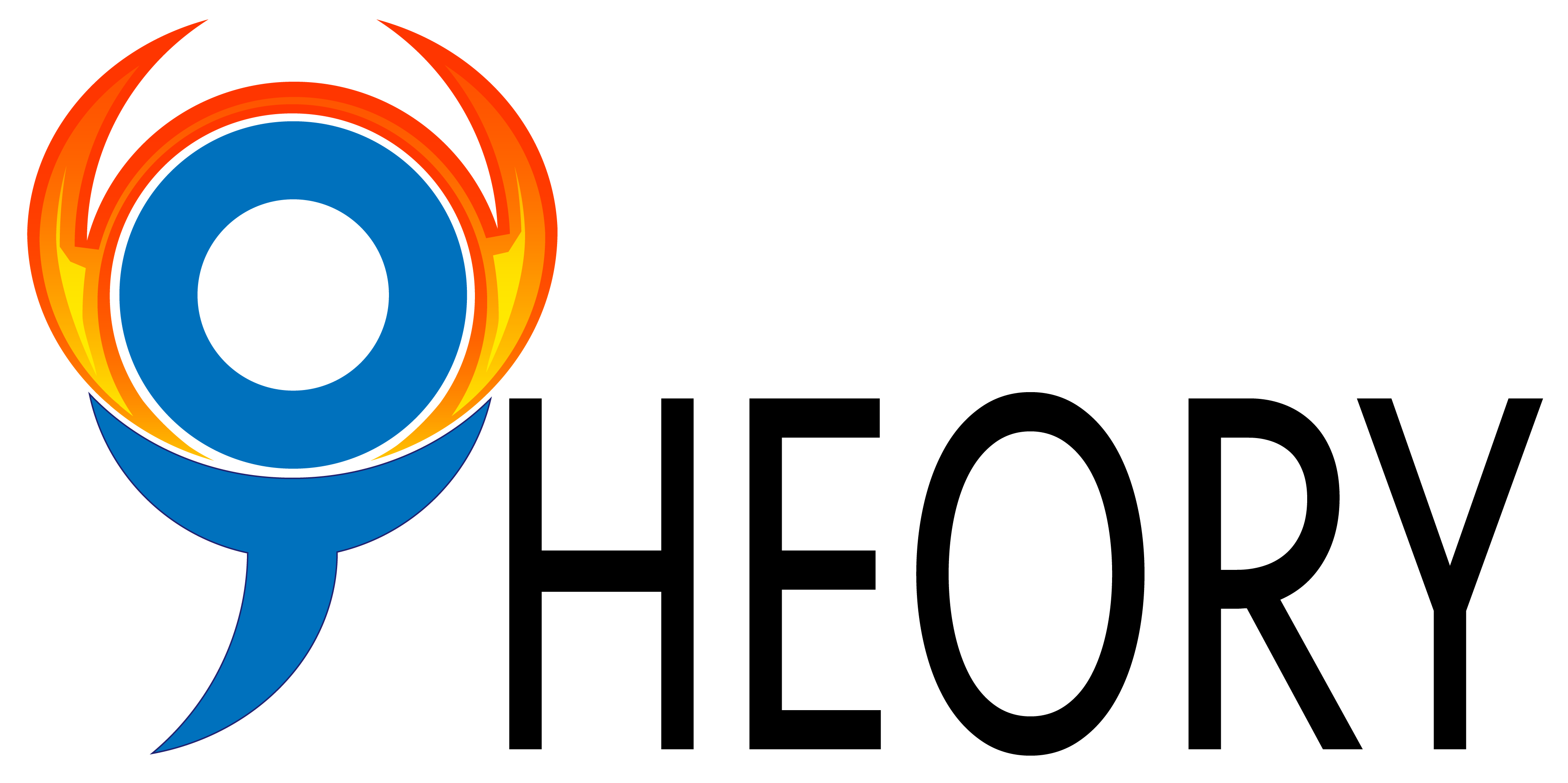The Ecology of Human Performance framework (EHP) focuses on the relationship between several important constructs in occupational therapy; they are person, context, task, performance, and therapeutic intervention, in order to get a throughout understand of human occupation. The person construct is one’s experience and his/her sensorimotor, cognitive, and psychological skills and abilities. Then the person construct is surrounded by a circle symbolizing this person’s context (including temporal, physical, social, and cultural contexts). In his/her environment, there are many tasks (objective sets of behaviors necessary to accomplish a goal), symbolized by little circles outside and within the context, which are available to the person. The person has the opportunities in performing multiple tasks in which he/she participate in among the available tasks, based on one’s skills, abilities, and environmental cues and features. By using the contextual lens (resulting from the individual’s own experiences and perceptions about his/her physical, social, and cultural features of the current performance settings) in the interaction with person's skills and abilities, the resultant scope of action is called the “performance range”. This framework considers life role among the task. Each life role has a unique constellation of tasks and some roles have overlapping tasks. Depending on the individuals’ skills, experience, desires, demand from the contexts, persons with the same role may have different tasks. The person who is unable to notice all environmental cues and support, or has limited skills. For example, limited physical capacity has a narrower performance range. Occupational therapists evaluate the client’s performance with consideration of the contextual information. Therapeutic interventions include “establish/restore”, “alter”, “adapt”, “prevent”, and “create”, each of which may intervene the person, context, and/ or the task. The intervention is a collaboration among the client, family, and the therapist, in order to enhance individuals’ occupational performance.
Summarized by
- Macey Cho
Type
- Framework
Population
- Child
- Adolescent
- Adult
- Elderly
Disability
- All
Domain of occupation
- Unspecified
Application Note
Person, occupational performance, and contextual issues are considered as equally important in this framework.
Key Reference
Dunn, W., Brown, C., & McGuigan, A. (1994). The ecology of human performance: A framework for considering the effect of context. American Journal of Occupational Therapy, 48, 595-607.
Year Published
- 1994
Primary Developer
- Winnie Dunn
Primary Developer Email
- wdunn@kumc.edu
